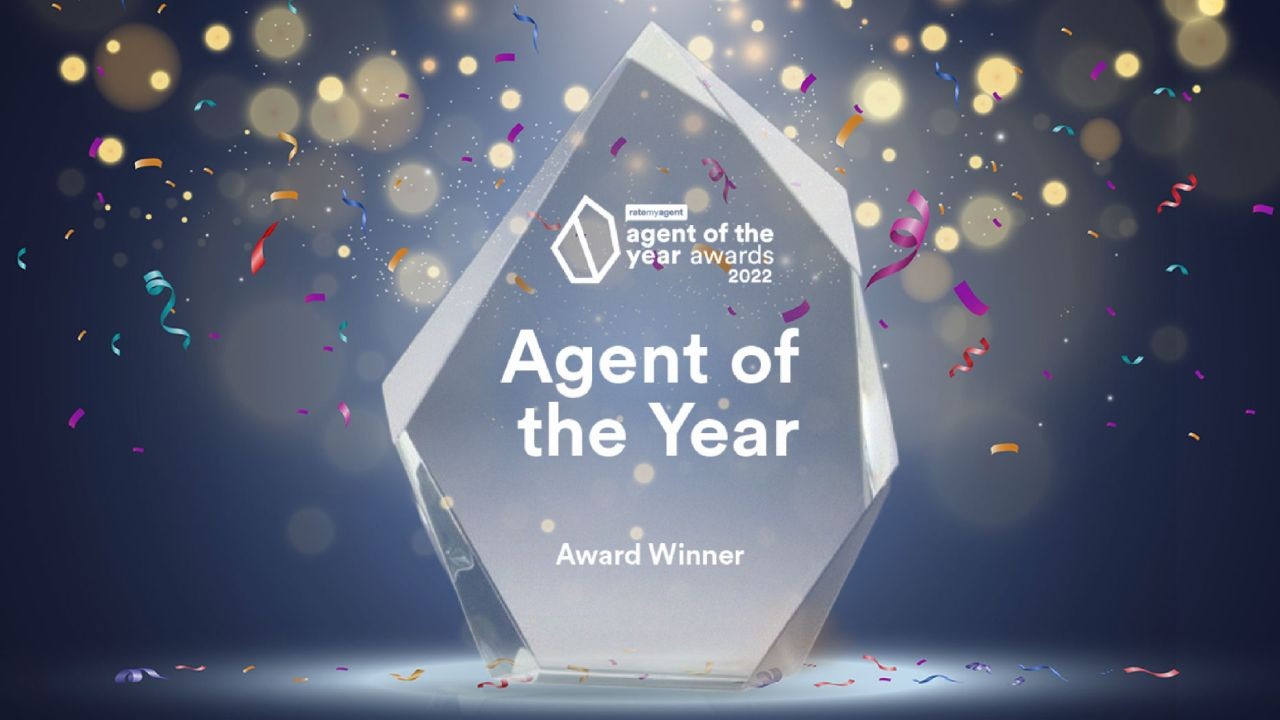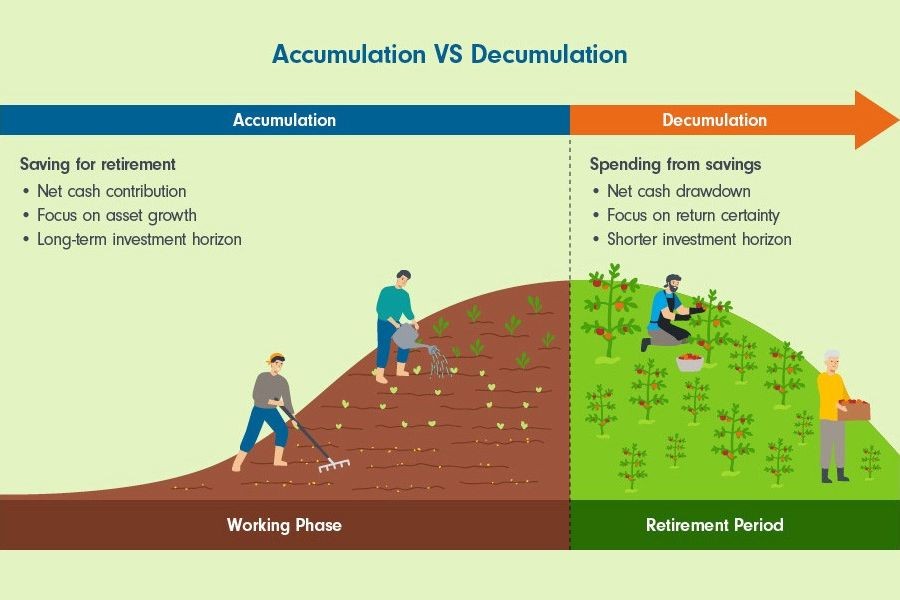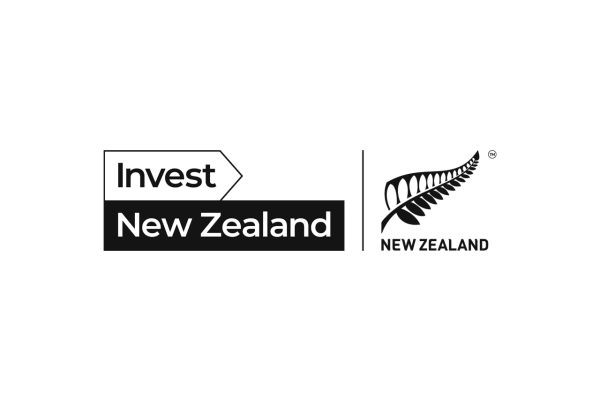New Zealand's educational landscape is undergoing a significant transformation, driven by the need to adapt to rapidly changing global and local challenges. The question arises: How are New Zealand’s universities preparing for the future of learning? In a world where environmental concerns and technological advancements shape our lives, understanding these changes is vital. This article delves into the innovative strategies adopted by Kiwi universities to gear up for the future, with a particular focus on sustainability, technological integration, and adaptability to industry needs.
Understanding the Current Educational Landscape in New Zealand
New Zealand has long been recognized for its high-quality education system. However, the demands of the 21st century require a shift in how education is delivered and experienced. The traditional lecture-based model is increasingly being supplemented—or even replaced—by more interactive, technologically integrated approaches. According to Stats NZ, the education sector contributes significantly to the nation's GDP, underscoring its importance to the economy.
Case Study: University of Auckland’s Sustainable Campus Initiative
Problem: The University of Auckland faced increasing pressure to reduce its carbon footprint and align with global sustainability goals.
- The university had to address high energy consumption and waste generation.
- Industry data highlighted that educational institutions contribute to 10% of urban waste in New Zealand.
Action: To tackle this, the university launched a comprehensive sustainability initiative.
- Implemented solar panels across campuses, reducing reliance on non-renewable energy sources.
- Introduced waste reduction programs, including recycling and composting efforts.
Result: In just two years, the university achieved significant improvements:
- Energy consumption decreased by 25%.
- Waste generation was reduced by 30%.
- Overall, the initiative saved an estimated NZD 1.5 million annually in operational costs.
Takeaway: This case study emphasizes the importance of integrating sustainability into educational practices. Other New Zealand universities can emulate these strategies to enhance environmental responsibility and reduce costs.
Technological Integration: A Double-Edged Sword?
The integration of technology in education presents both opportunities and challenges. On one hand, digital tools facilitate personalized learning experiences and access to global knowledge. On the other, they raise questions about digital equity and the over-reliance on technology. According to a report by MBIE, nearly 70% of New Zealand's universities have adopted some form of AI-driven learning tools.
Pros and Cons of Technological Integration
Pros:
- Enhanced Learning: Technology allows for interactive and engaging educational experiences.
- Accessibility: Online platforms make education more accessible, particularly for remote areas.
- Data-Driven Insights: AI tools provide valuable insights into student performance and learning patterns.
Cons:
- Digital Divide: Not all students have equal access to technology, which can exacerbate existing inequalities.
- Privacy Concerns: The use of AI and digital tools raises issues around data privacy and security.
- Over-Reliance on Technology: Excessive reliance on digital tools may undermine traditional learning methods.
Expert Insight: Balancing Tradition and Innovation
Dr. Emily Harper, an education technology expert from Massey University, emphasizes the need for a balanced approach. "While technology transforms learning, it should complement, not replace, traditional methodologies. Universities must ensure that digital tools are used to enhance critical thinking and creativity," she notes.
Preparing Students for a Changing Job Market
New Zealand’s economy is evolving, with industries such as tech, renewable energy, and agriculture experiencing rapid changes. Universities are tasked with preparing students for these shifts. According to the Reserve Bank of NZ, the tech sector alone is expected to grow by 20% over the next five years.
Adapting Curricula to Industry Needs
Universities are revising curricula to include industry-relevant skills, such as coding, data analysis, and sustainability practices. The University of Otago, for instance, has collaborated with local tech firms to offer courses that align with current industry demands.
Case Study: Victoria University of Wellington’s Industry Partnership Program
Problem: Graduates were entering the workforce without the necessary skills to meet industry expectations.
Action: Victoria University launched a partnership program with leading New Zealand companies.
- Introduced co-op programs and internships, providing real-world experience to students.
- Incorporated industry experts into curriculum development to ensure relevance.
Result: The program led to significant outcomes:
- Graduate employment rates increased by 15% within one year of implementation.
- Students reported a higher level of job satisfaction and readiness.
Takeaway: Strengthening university-industry relationships is crucial for bridging the gap between education and employment. Other institutions can learn from this model to enhance their graduates' job prospects.
Common Myths and Mistakes in University Education
Several misconceptions persist about university education, particularly in adapting to future needs.
Myth: "Only traditional degrees guarantee success."
Reality: Modern industries value skills and experience over traditional qualifications. Internships and hands-on projects often lead to better job outcomes.
Myth: "Technology will replace teachers."
Reality: While technology enhances learning, educators remain indispensable for mentoring and fostering critical thinking.
Myth: "Environmental courses are niche and offer limited job prospects."
Reality: With growing environmental concerns, sustainability-focused roles are expanding across all sectors.
Biggest Mistakes to Avoid
- Neglecting Soft Skills: Employers highly value communication and teamwork skills, which are often overlooked in technical programs.
- Overlooking Lifelong Learning: The job market is dynamic. Continuous learning is essential to stay relevant.
- Ignoring Digital Literacy: As technology becomes pervasive, digital literacy is crucial across all fields.
Future Trends and Predictions
As we look to the future, several trends are likely to shape New Zealand’s educational landscape:
- Blended Learning Models: A combination of online and in-person learning will become the norm, offering flexibility and accessibility.
- Focus on Sustainability: Environmental education will take center stage, aligning with New Zealand's commitment to sustainability.
- Increased Industry Collaboration: Partnerships between universities and industries will expand, ensuring curricula remain relevant and graduates are job-ready.
According to a recent report by Deloitte, by 2030, 50% of New Zealand's university courses will be delivered through blended learning models, emphasizing the importance of adaptability in education.
Conclusion: Final Takeaway & Call to Action
New Zealand's universities are actively preparing for the future of learning by embracing sustainability, integrating technology, and aligning with industry needs. These strategies not only enhance educational outcomes but also equip students with the skills necessary for a rapidly evolving job market. As a reader, consider how these insights can inform your approach to education and career planning.
What’s Next? Engage with your local university’s programs, explore opportunities for upskilling, and stay informed about industry trends. Share your thoughts or experiences in the comments below!
People Also Ask
How are New Zealand universities adapting to technological changes?
New Zealand universities are embracing digital tools and AI-driven learning, facilitating personalized education and improved accessibility, particularly in remote regions.
What role does sustainability play in New Zealand’s education system?
Sustainability is a core focus, with universities implementing eco-friendly initiatives and integrating environmental education to align with national and global sustainability goals.
What are the biggest challenges facing New Zealand’s universities?
Challenges include ensuring digital equity, maintaining data privacy, and aligning curricula with evolving industry demands to enhance graduate employability.
Related Search Queries
- Future of education in New Zealand
- Sustainability in New Zealand universities
- Technology in education NZ
- University-industry collaboration NZ
- Blended learning models NZ
- Environmental education programs NZ
- Digital literacy in New Zealand schools
- Job market trends in New Zealand
- AI in New Zealand education
- Challenges in New Zealand higher education



































LorenLundy
5 months ago